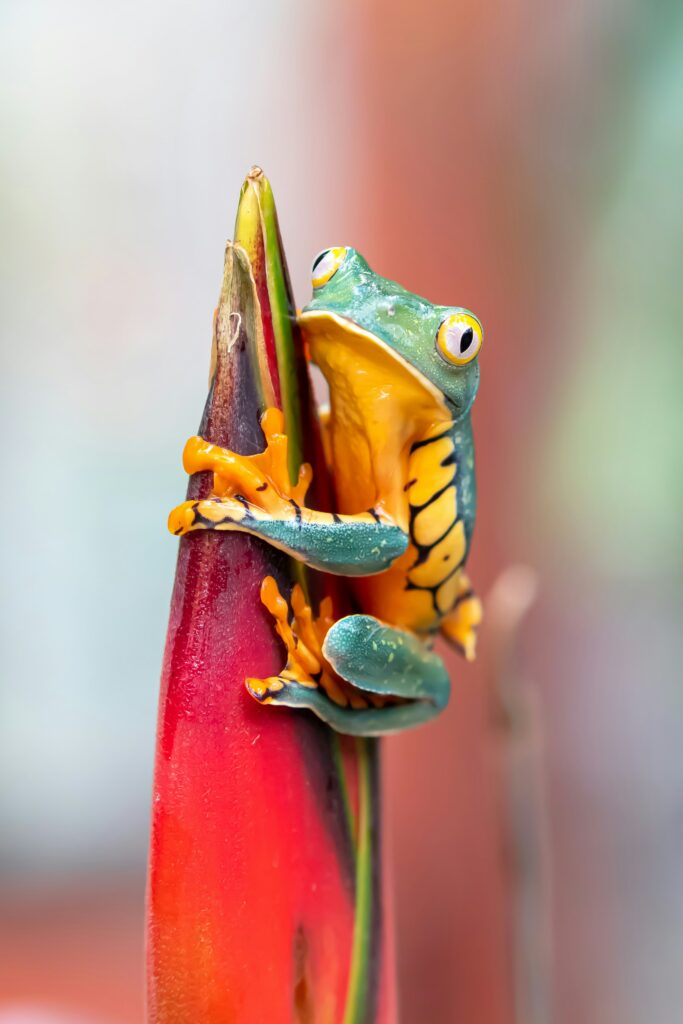Becoming a veterinarian in the UK is a rewarding yet demanding journey, but it’s absolutely achievable at any stage in life. Whether you’re a recent school leaver or considering a career change later in life, the path to becoming a vet offers numerous opportunities for those dedicated to the welfare of animals.
One of the primary routes to becoming a vet in the UK is by completing a degree in veterinary medicine. These programs typically last five to six years and are offered by several universities across the country. During your studies, you’ll delve into a wide range of subjects, including animal anatomy and physiology, pharmacology, pathology, and clinical practice. The curriculum is rigorous, but it provides you with the knowledge and skills necessary to diagnose, treat, and care for animals of all shapes and sizes.
Admission to veterinary school is competitive, with most institutions requiring strong grades in subjects such as biology, chemistry, and mathematics at the secondary school level. Additionally, many universities consider relevant work experience in a veterinary setting to be essential. This can include volunteering at animal shelters, working on farms, or shadowing practicing veterinarians. Such experiences not only demonstrate your commitment to the field but also give you valuable insight into the day-to-day realities of veterinary practice.
If you already hold a degree in a related field, such as biology or animal science, you may be eligible for accelerated graduate entry programs offered by some veterinary schools. These programs typically last four years and are designed for students who have already completed a significant portion of the prerequisite coursework.
For those without a relevant degree, there are alternative pathways to veterinary medicine. Some universities offer foundation courses in veterinary science, which provide a route for students to gain the necessary qualifications for entry into veterinary school. These programs typically last one to two years and cover essential topics in biology, chemistry, and animal science.
Upon completion of your veterinary degree, you’ll need to register with the Royal College of Veterinary Surgeons (RCVS) in order to practice as a vet in the UK. This involves passing the RCVS Membership Examination, which assesses your knowledge and skills in veterinary medicine and surgery. Once registered, you’ll have the opportunity to pursue a wide range of career paths within the field of veterinary medicine, from working in private practice to research, academia, and public health.
While the journey to becoming a vet requires dedication and hard work, it offers countless opportunities to make a positive impact on the lives of animals and their owners. Whether you’re embarking on this journey straight out of school or later in life, the fulfillment that comes from helping animals and serving your community makes it all worthwhile. So if you’re passionate about animals and willing to put in the effort, it’s never too late to pursue your dream of becoming a vet in the UK!





